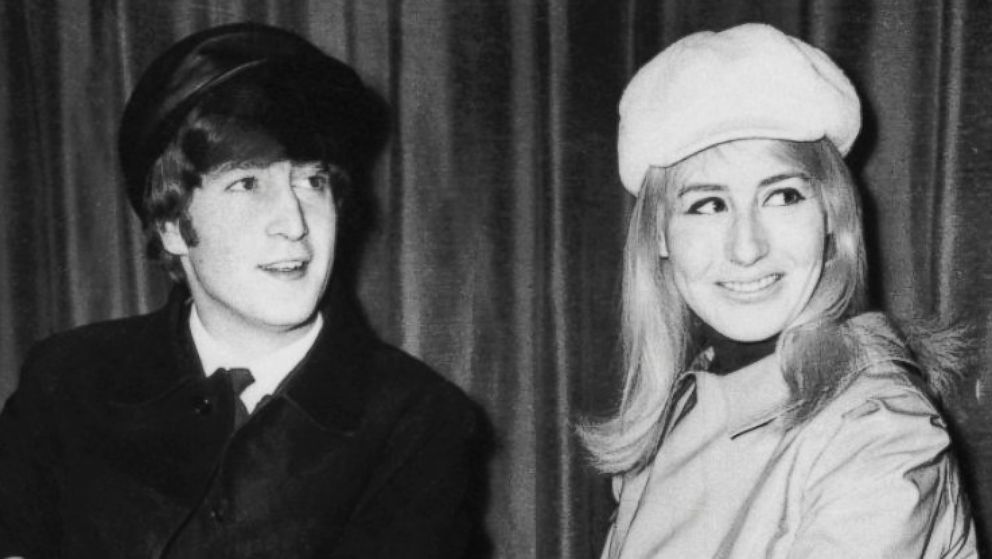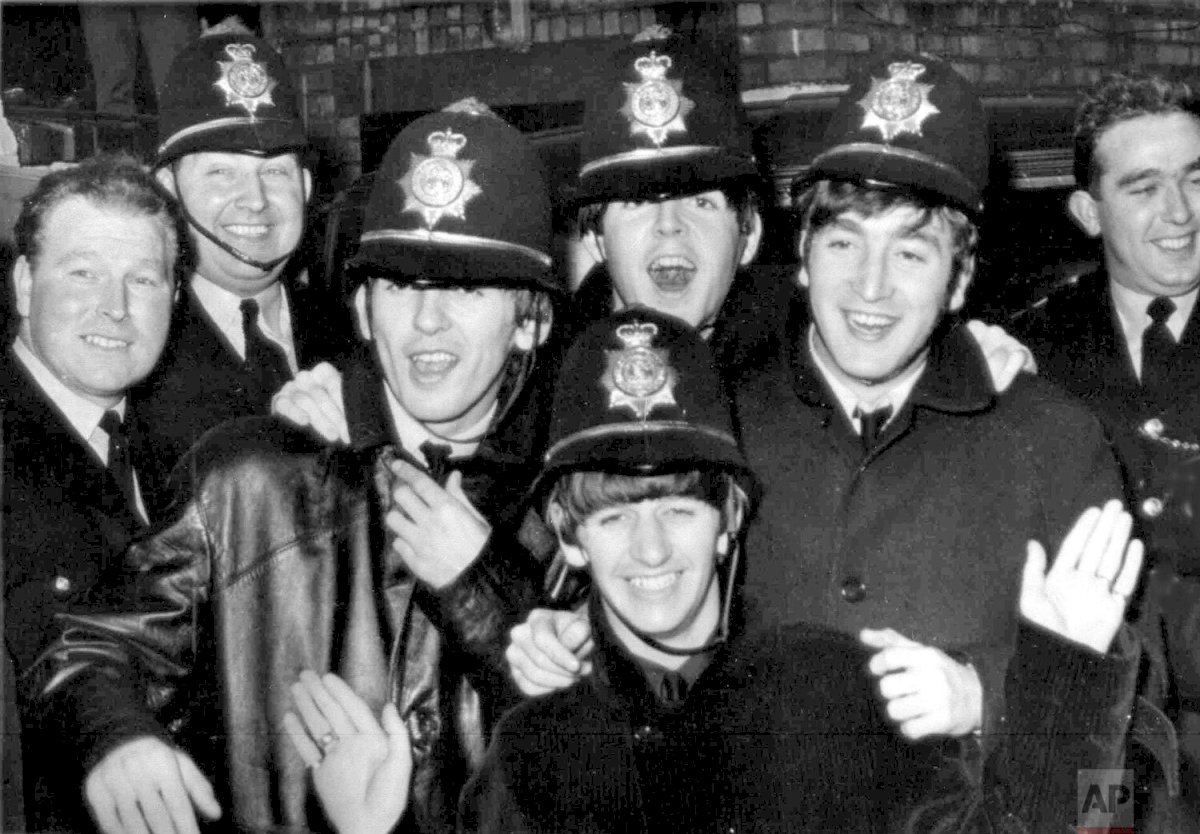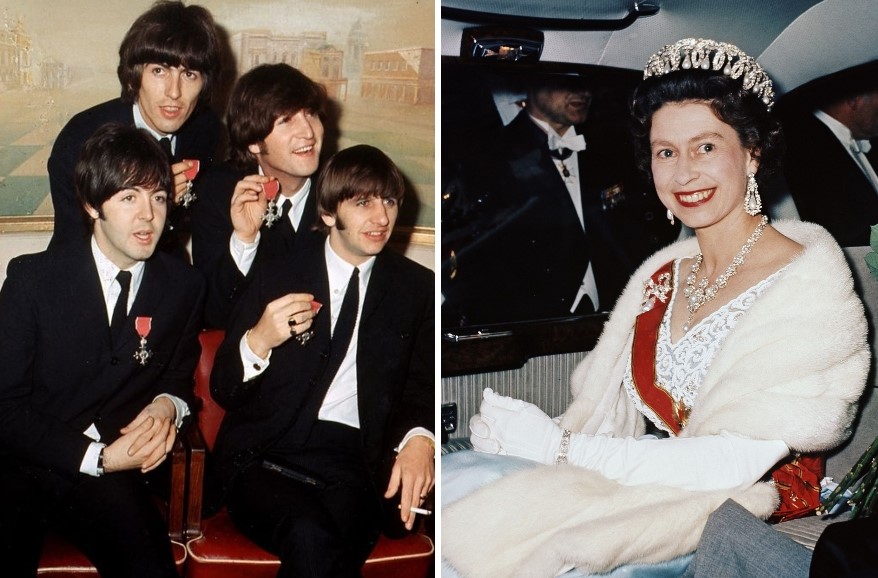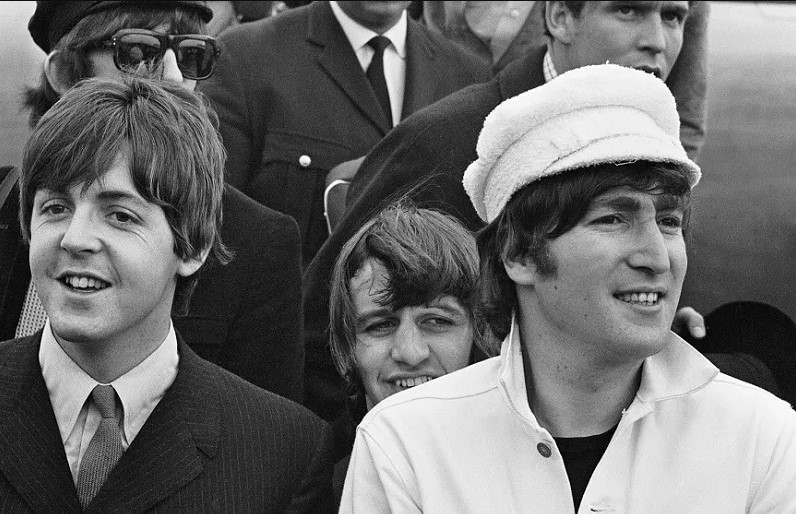The harmonious brilliance of "Come Together," a seminal track penned by John Lennon for The Beatles' acclaimed "Abbey Road" album, was marred by an unexpected legal crescendo. Beyond its melodic brilliance, this article unwinds the legal labyrinth that entwined Lennon in a copyright dispute over the song's genesis, shedding light on the tumultuous legal symphony that echoed through the music industry.

"Come Together" emerged during the turbulent period surrounding The Beatles' breakup. Released as the opening track of the "Abbey Road" album, the song showcased Lennon's lyrical ingenuity and the band's musical prowess. However, the genesis of legal troubles began with accusations of copyright infringement that would shadow Lennon in the years to come.
The lawsuit over "Come Together" was initiated by Morris Levy, the same figure involved in John Lennon's earlier legal battles. Levy, known for his connections to the Mafia, claimed that Lennon had lifted lyrics from Chuck Berry's song "You Can't Catch Me," recorded in 1956. Specifically, Levy alleged that the opening lines of "Come Together" bore striking resemblance to Berry's original composition.

The opening lines of "Come Together" – "Here come old flattop, he come groovin' up slowly" – raised eyebrows and triggered the legal dispute. Chuck Berry's "You Can't Catch Me" commenced with the lines, "Here come a flattop, he was movin' up with me." The similarity in phrasing and theme prompted Levy to assert that Lennon had copied Berry's work.
John Lennon, a seasoned songwriter with a deep appreciation for rock and roll history, acknowledged the influence of Chuck Berry on his work. However, he contended that the lyrics in question were a homage rather than a direct copy. Lennon's legal team argued that such similarities were common in the music industry and fell within the bounds of acceptable artistic influence.

Lennon, known for his outspoken and defiant nature, expressed frustration at the legal scrutiny. He maintained that the intent behind "Come Together" was not to plagiarize but to pay homage to the rock and roll tradition that had inspired him throughout his career.
In 1973, John Lennon and Morris Levy reached a settlement to resolve the legal dispute. The terms of the agreement remain undisclosed, leaving the specifics of the resolution shrouded in mystery. However, it is widely speculated that Lennon agreed to record three songs owned by Levy's company, Big Seven Music Corp., to settle the matter.

The settlement not only concluded the legal battle over "Come Together" but also emphasized the complex power dynamics within the music industry during that era. It showcased how artists, even those of Lennon's stature, could find themselves entangled in legal disputes that required compromise for resolution.
The legal saga surrounding "Come Together" raises fundamental questions about the blurry line between artistic homage and copyright infringement in the realm of music. The music industry has a long history of artists drawing inspiration from their predecessors, and this case underscored the challenges of navigating those influences without crossing into legal jeopardy.

While the settlement allowed Lennon to move forward with his career, it left a lasting impact on the way musicians approached creative expression. The case became a cautionary tale for artists, urging them to tread carefully in the delicate balance between influence and imitation.
Despite the legal turbulence, "Come Together" endured as one of The Beatles' most celebrated songs. Its enduring popularity and recognition as a masterpiece in the rock and roll canon overshadowed the legal disputes that surrounded its inception. The song's eclectic mix of genres, innovative production techniques, and enigmatic lyrics contributed to its timeless appeal.

In the aftermath of the legal battle, "Come Together" continued to be a testament to Lennon's artistic vision and The Beatles' lasting impact on popular music. The controversy surrounding its lyrics, while a footnote in its legacy, serves as a reminder of the intricate challenges artists face in a landscape where creative expression intersects with legal boundaries.

The legal troubles John Lennon faced over "Come Together" shed light on the complexities inherent in the world of music copyright. The blurred lines between influence and imitation can lead even legendary artists into legal entanglements. Despite the challenges, "Come Together" endures as a testament to the enduring power of creative expression and the indomitable spirit of one of the greatest songwriters in the history of rock and roll.



